Explore the difference between characters and non-characters with this hands-on sorting activity.
Character or Not?
One of the first narrative elements we teach to our littlest learners is characters. Characters can be animals, people, non-living things and make-believe creatures. Characters can talk, have thoughts and have feelings. Objects or things that do not talk, have thoughts or have feelings are not characters.
This sorting activity has been designed to familiarize your students with characters by asking them to identify images that depict a character and those that do not.
The resource download contains:
- 1 x instruction page
- 2 x sort headings (Characters and Not Characters)
- 28 x task cards
- 1 x answer sheet
How to Use This Characters Sorting Activity
Using this resource in your classroom is easy! Just follow the simple instructions below.
- Print and cut out the sort headings and sort cards.
- Place the sort headings on a flat surface.
- Review the definition of a character.
- Hold up a picture card and have the students identify the picture.
- Ask the students whether or not the picture shows a character.
- Have the students place the card under the correct heading.
- Review the sorted cards as a class.
Easily Prepare This Resource for Your Students
Use the dropdown arrow on the Download button to select between the editable Google Slides or easy-print PDF version of this resource.
As this download contains an answer sheet, we recommend printing one copy of the resource, then removing the answer sheet before continuing to prepare the resource.
Print the cards on cardstock for added durability and longevity. Place all pieces in a folder or large envelope for easy access.
This resource was created by Lisamarie Del Valle, a teacher in Florida and a Teach Starter collaborator.
Click below for more time-saving story elements resources!
[resource:4966909] [resource:4925057] [resource:4973069]
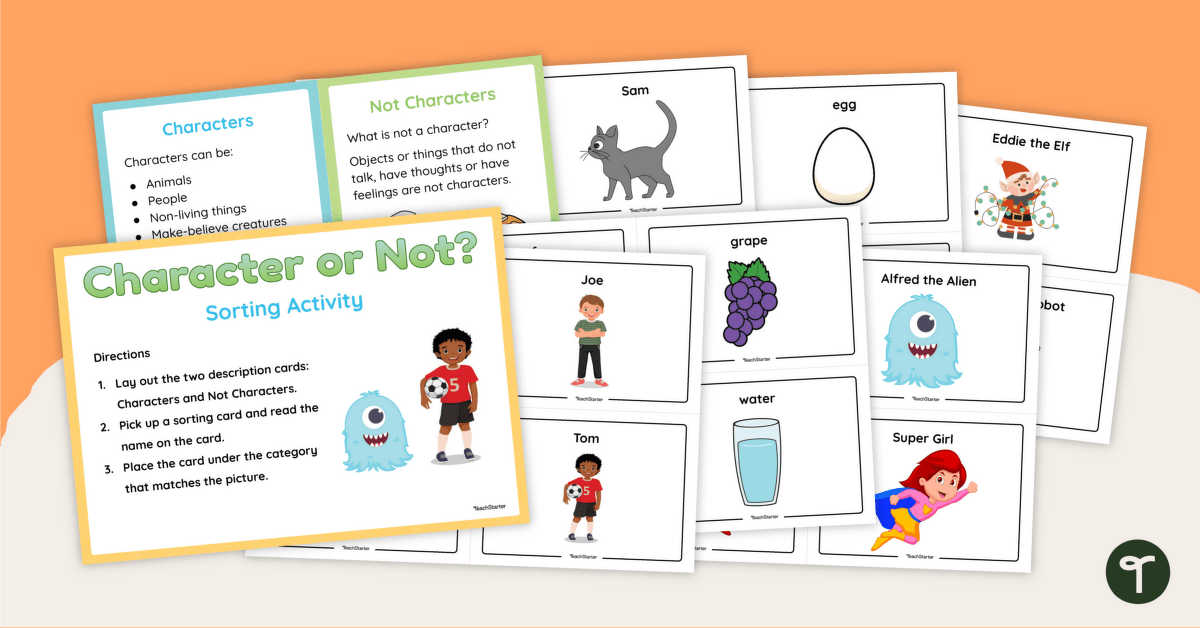

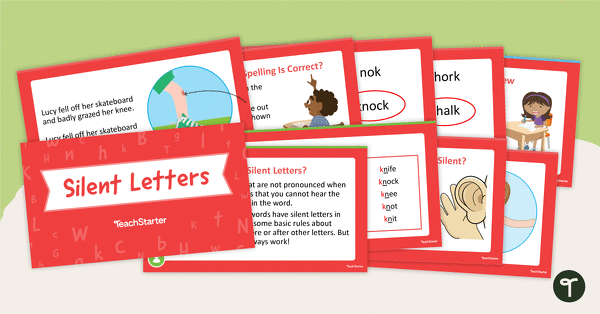
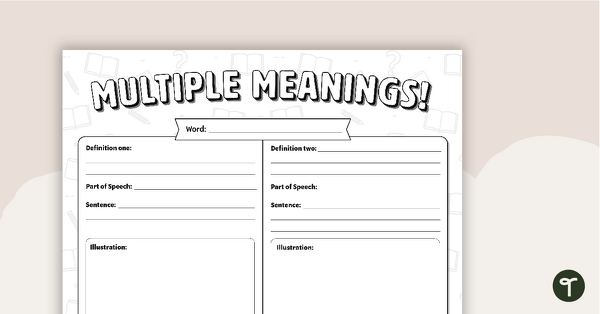
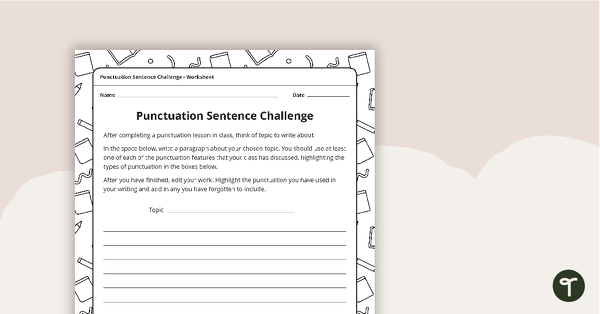
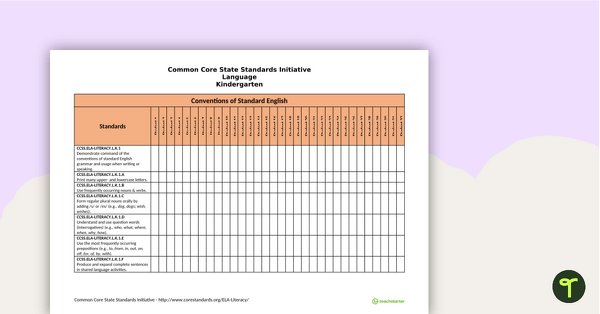
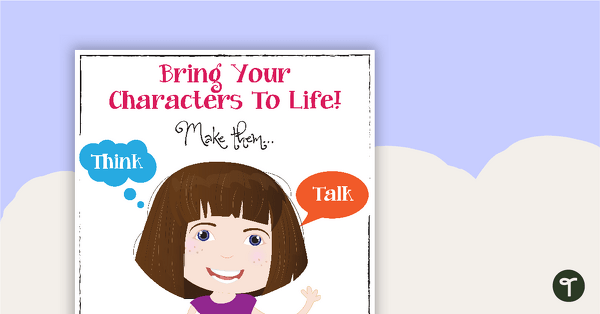
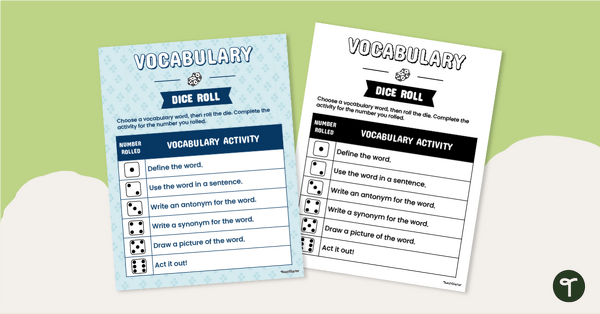
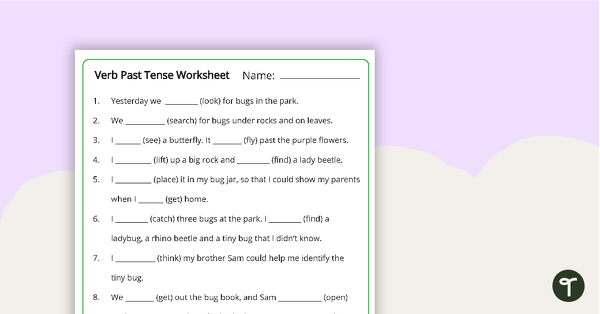
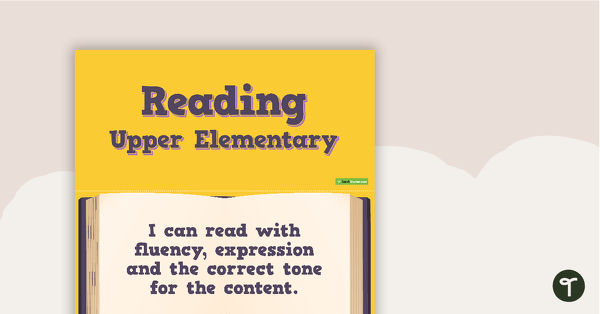
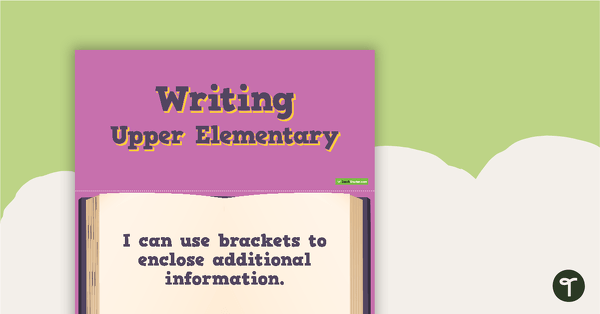
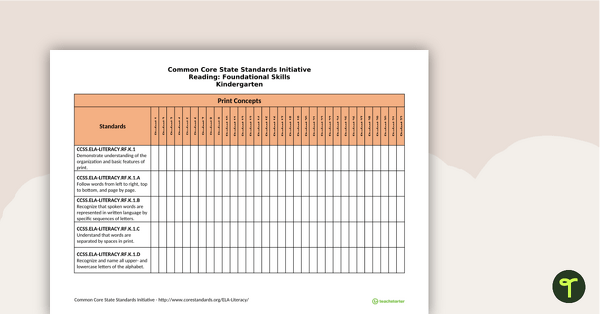
0 Comments
Write a review to help other teachers and parents like yourself. If you'd like to request a change to this resource, or report an error, select the corresponding tab above.